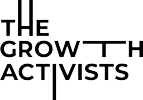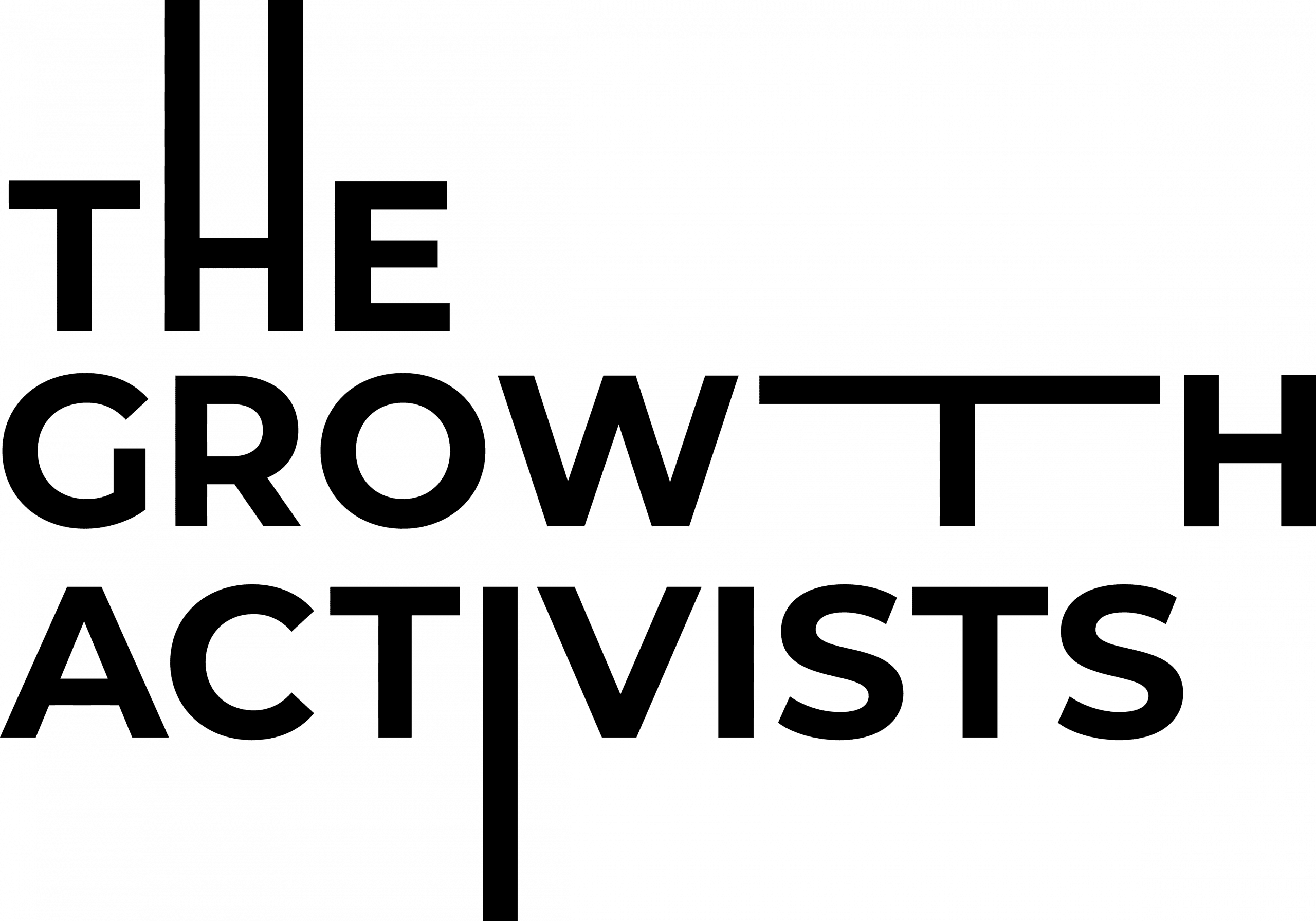The Top 5 Things to Consider When Choosing a Business Consultant
At one point or another in its journey, every business will need to reach out for help to improve its performance. Whether the problem applies to the total business or to one division, once it’s clear that internal attempts at improvement are failing, it becomes necessary to search out expert advice. But the questions business owners and leaders face is which advisor to select, how to decide and what they need to know when choosing a business consultant.
We’ve identified the top 5 key criteria to consider in evaluating an outside advisor for your business.
The Top 5 Things to Consider When Choosing a Business Consultant
1. Independent Business Consultant, Boutique Consultancy or Enterprise Management Consultancy?
There are pros and cons that go with each of these choices. With the Independent Consultant you won’t find your business flooded with inexperienced first-year university graduates doing the initial assessment work. The level of direct involvement by the principal consultant will be high. But, if the scope of the project broadens there is a risk that it could stretch beyond the competencies of an individual consultant. With a consultant with a narrow field of expertise, you may find yourself having to reach out to other consultants to bridge the gaps.
With Enterprise Management Consultancies there is rarely an issue with their breadth of competency. But the engagement will undoubtedly be an expensive one and the face-time with the organisation’s top talent can be very limited. The old adage is that these groups pitch with the A-team and deliver with the B-team.
Depending on the size of the business and budget available, a boutique consultancy can be a good solution. These mid-sized consultancies are generally made up of a small group of senior advisors with a variety of skills, and with a strong network of external resources to bring in should the scope broaden.
2. Experience & Credentials
The first consideration is whether the consultant has competencies that stretch beyond what you already have in your organisation. Or would they be another pair of hands helping you to work on a problem? If it’s the latter, your risk not getting the value this type of investment should produce. You want to be certain that they are asking the sorts of questions that no one else is asking. And they are sharing the type of knowledge that is currently absent in your business.
Your consultant should also be capable of taking a holistic business view. Will they understand complex key stakeholder relationships and expectations? Particularly for projects where stakeholders extend beyond the immediate organisation – they might include shareholders, investors, suppliers or community groups – your consultant should have experience managing stakeholder expectations at critical milestones throughout the process.
As for validating experience, whilst case studies are valuable, it’s important to go a step beyond and ask deeper questions. Ask what type of process the consultant applied and how challenges were overcome in the course of a project . References can be invaluable. Direct introductions to project leaders within the organisation in the case study is a great way to assess the experience of working with the consultants.
3. Flexibility
The process for running a successful consulting project must have the discipline to keep agreed outcomes on track. But it mustn’t be so inflexible as to not allow for the specific characteristics of your business culture and go-to-market approach. Is the approach proposed by the consultant respectful of the unique aspects of your business? Does it consider what is currently effective and important to team engagement and performance? Or is the consultant applying an inflexible boiler-plate process against your project? If so, you may want to re-evaluate their suitability.
With the speed of change in business increasing rapidly it is critical that your consultant has their finger on the pulse of the evolution of business. Do they deeply understand what it takes to thrive in the new economy? Beyond this, will they undertake the project with enough agility and flexibility to ensure that any unexpected discoveries get acknowledged and addressed? You want to be certain that their approach is outcome-focused versus process-centric.
4. Critical Thinking
The biggest difference between outstanding consultants and the rest is their problem-solving capability. You are engaging a consultant to solve a business problem, so ultimately you need creative problem-solving skills. Beyond the case study outcome, you must look for evidence about how insights were interpreted in a novel way. Even more importantly you will want to see how the application of innovative solutions created a significant advantage in moving the organisation forward.
Take the time to get to know the team who will be working on your project. Look for evidence not only of exceptional analytical skills, but also the ability to apply creative and imaginative solutions to problems, in a way that will create value. That value may manifest across a diverse range of critical metrics that underpin the success of the project.
5. Principled & Purposeful
Finally, you will be looking for exceptional professionalism. Or what is often referred to as an ‘unimpeachable character’. The consultant must demonstrate that they are able to put the client’s best interests ahead of their own. This comes down to individual and organisational purpose. You will want to explore whether the consultant and the organisation they work for are genuinely driven by the desire to help organisations fulfil their potential, or whether other motivations are at play. A principled consultant will be highly empathetic and will care deeply about their client and their goals.
A principled consultant must also be willing to tell the client things that they may sometimes not want to hear. Often these unwelcome messages outline changes needed to achieve the desired outcomes. This entails putting honesty before politics, even if it means risking future business for the consultant. This type of candour, whilst sometimes confrontational and difficult to digest, should be highly valued.
Conclusion
Your criteria for choosing a business consultant should reflect the priorities and values of your organisation. Start by considering whether an Independent, Boutique or Enterprise consultancy best suits your needs and budget. Then verify whether the consultant’s past experience matches the project needs. Ensure you consider whether they are able to stretch across a broader project scope, should the project remit evolve over time. Be clear on the level of flexibility you will require. Establish whether the consultant can adapt to your unique culture or business characteristics. Can they flex appropriately during the course of the project if required? One of the biggest drivers of value will be the creative and critical thinking ability of the talent working on your project. Will your selected consultant have the capability to deliver break-through thinking? And finally, do you feel comfortable that you are selecting a partner who will engage with honesty and good intentions? Do they have the integrity to ensure your needs are always paramount, at every project stage?
Don’t hesitate to use a rating scorecard when choosing potential business consultants. Give each of them a score against each of the 5 key criteria, as well as against other criteria you deem critical. This exercise can help you make the most objective choice. It will give you the best chances of engaging a partner who will help you rapidly and effectively solve your business problem.




